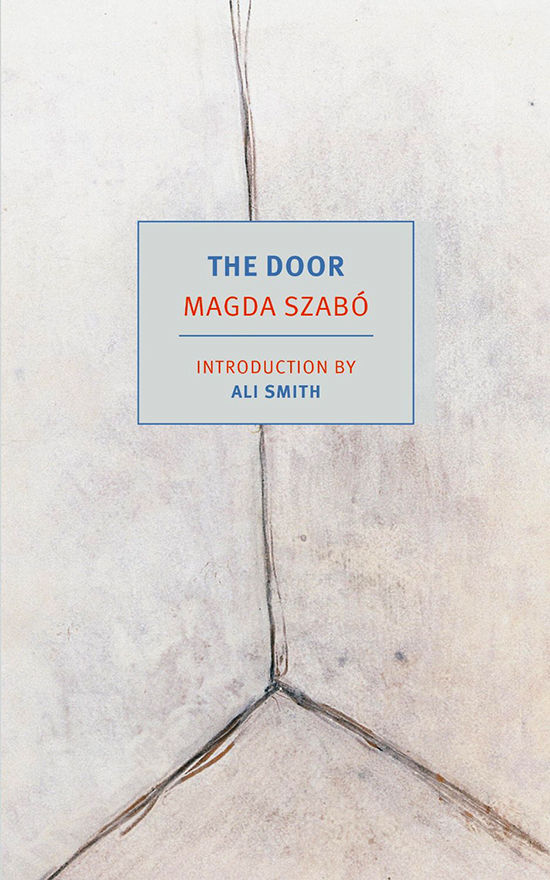

Naturally, the writer offers this titanic representation of housework a job.

She had agreed to call, and so now we were standing here, in the garden…. She was washing a mountain of laundry with the most antiquated equipment, boiling bedlinen in a cauldron over a naked flame, in the already agonizing heat, and lifting the sheets out with an immense wooden spoon. It was close by-so close I could see her flat from our balcony. The story that leads up to the dream takes up the rest of the book, and its premise could hardly seem less suited to a dream’s reverberant overtones and equivocations: the narrator is a writer whose career has been politically frozen, as she puts it, but is now picking up again, and “it had become clear that if someone didn’t take over the housekeeping there would be little chance of my publishing the work I’d produced in my years of silence, or finding a voice for anything new I might have to say.” An acquaintance highly recommends Emerence, a woman from the neighborhood who is old but very strong and remarkably skillful:Įmerence had been rather brusque when asked to call round for a chat, so I tracked her down in the courtyard of the villa where she was caretaker. The dream elements are familiar, the narrator’s voice is pitiless-correct, astringent, brisk, and intimate-and the reader is likely to experience a faint physical echo of the condition one is in when one wakes from such a horror. The Door opens with the description of a recurrent nightmare, repeated in exact detail, in which the narrator expresses to herself her helplessness in the face of the death of someone named Emerence, and her anguish over what she believes to be her own-inadvertent-culpability. “Only my parents had ever called me that.

One has the uneasy sensation that, through the medium of her fictional narrator, Szabó herself is whispering fiercely into our ear, asking our understanding and assistance as she attempts to resolve a punishing anxiety-a sensation that is explosively intensified when, toward the end of the book, a central character addresses the previously unnamed writer as Magdushka. The Door, first published in 1987 in Hungarian, is unmistakably a work of fiction, with fiction’s allusive and ambiguous purposes and effects, but it is narrated in the first person by a writer and composed-perhaps almost entirely-of frankly autobiographical recollections. Between 19 both she and her husband, the writer Tibor Szobotka, were prevented by the regime from publishing, and the award of an important prize to her was revoked on the same day it was bestowed. She wrote in many forms-poetry, novels, plays, memoir, essays, and screenplays-and her work has been translated into many languages. Magda Szabó, who died in 2007 at the age of ninety, was acclaimed and widely read in her native Hungary.


 0 kommentar(er)
0 kommentar(er)
